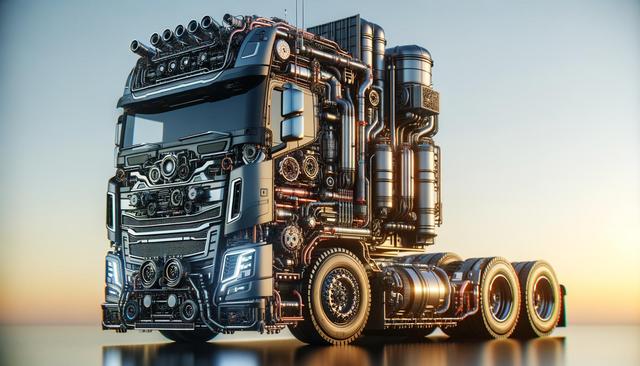The Rise of Mobile Food Trucks
In recent years, the food industry has seen a major shift with the increasing popularity of mobile units like the food truck. These vehicles offer a versatile platform for aspiring chefs and entrepreneurs to launch culinary ventures without the overhead costs of traditional restaurants. Food trucks provide mobility, flexibility, and the ability to reach a wider customer base in multiple locations throughout the day or week. With urban spaces becoming more compact, these mobile kitchens are ideal for serving high-traffic areas such as festivals, business districts, and college campuses. Their appeal lies in their ability to bring unique, gourmet, and culturally diverse options directly to the consumer. As a result, demand for custom food trucks has grown, allowing vendors to tailor their setups to specific cooking and service needs.
Differences Between Food Trucks, Food Carts, and Food Trailers
While often grouped together, food trucks, food carts, and food trailers have distinct features that influence how they operate. A food truck is a fully self-contained vehicle equipped with a kitchen and service window, making it ideal for mobility and quick setup. In contrast, a food cart is generally smaller, often manually pushed or towed, and may not have built-in cooking capabilities. Food carts are popular in dense urban settings where space is limited. Food trailers, on the other hand, are towed units that offer more space than food carts and can include full kitchens like those found in food trucks. They are suitable for semi-permanent locations such as parks or outdoor markets.
Here’s a quick comparison:
- Food Truck: Fully mobile, self-powered, includes full kitchen and service window.
- Food Cart: Small, often manually operated or towed, limited cooking space.
- Food Trailer: Larger, towed by another vehicle, offers full kitchen options.
Customization and Innovation in Mobile Food Units
The demand for custom food trucks has led to a surge in innovation in mobile kitchen design. Entrepreneurs now work with manufacturers to build out vehicles that suit their unique needs. This can include specialized equipment for baking, grilling, or brewing, as well as branding elements like exterior wraps and custom signage. Customization also extends to the interior layout, allowing for efficient workflow and compliance with local health codes. In addition to traditional food offerings, food truck owners are experimenting with new formats such as dessert-only trucks, plant-based menus, and international cuisines. This creativity helps them stand out in a competitive market and attract a loyal customer base.
Understanding the Market for Mobile Food Units
As the mobile food industry continues to grow, so does the market for equipment. Whether you’re looking for a food truck for sale, a food trailer for sale, or catering trucks for sale, it’s essential to understand your business goals and local regulations. Purchasing a used unit can be a cost-effective way to enter the market, while investing in a custom build allows for more control over features and layout. Before buying, consider:
- Size and type of vehicle needed (truck, trailer, or cart)
- Menu requirements and necessary equipment
- Licensing and zoning regulations in your area
- Maintenance and operational costs
By carefully assessing these factors, aspiring vendors can make informed decisions that set them up for long-term success.
Steps to Launching a Mobile Food Business
Starting a mobile food business involves more than purchasing a vehicle. It requires detailed planning, market research, and regulatory compliance. Begin by identifying your niche and target audience. Then develop a business plan that outlines your menu, pricing, and marketing strategy. Securing permits and passing health inspections are critical steps that vary by location, so it’s important to consult with local authorities early in the process. Once operational, marketing through social media and participating in community events can help build a strong presence. Many successful vendors start small with a food cart or trailer and scale up to custom food trucks as their business grows.
Conclusion: A Flexible Future in Food
For entrepreneurs passionate about food and looking for a flexible business model, mobile food units offer a promising path. Whether it’s a food truck, a food cart, or a food trailer, each option provides unique advantages depending on your vision and goals. With growing demand and creative opportunities, now is a great time to explore catering trucks for sale or find the right food trailer for sale to bring your culinary ideas to life. As cities adapt to mobile dining trends, the future looks bright for those ready to hit the road with delicious offerings and a well-designed mobile kitchen.




Leave a Reply